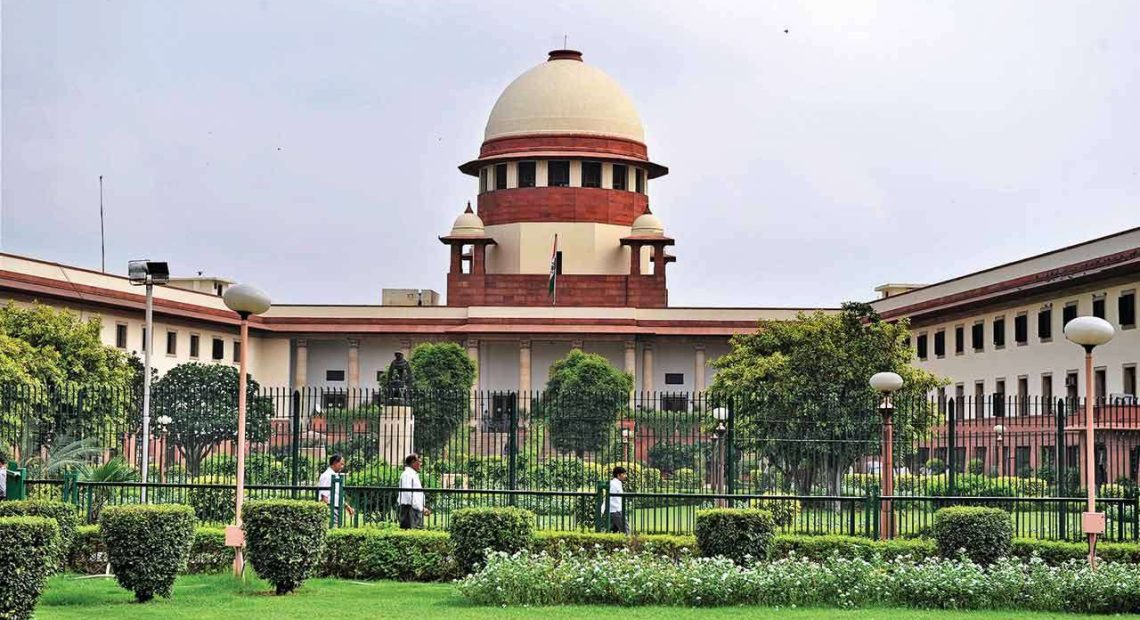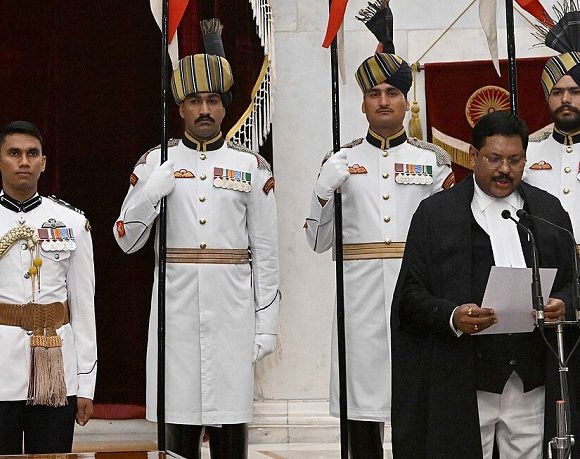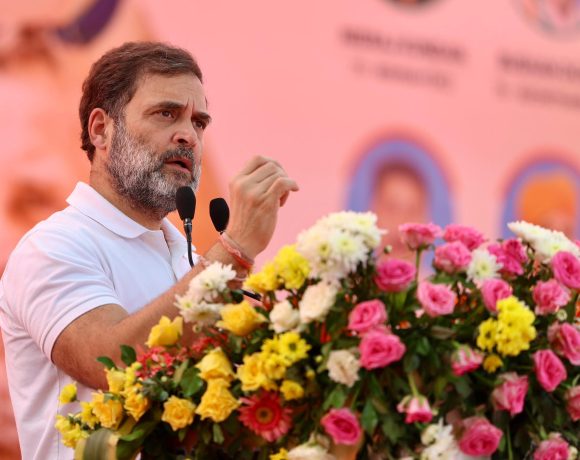
Supreme Court Upholds Waqf Act’s Constitutionality Amidst Legal Challenge
The Supreme Court on May 20, 2025, heard petitions challenging the constitutional validity of the Waqf (Amendment) Act, 2025, and declined to grant interim relief. Chief Justice of India B.R. Gavai emphasized that laws passed by Parliament carry a presumption of constitutionality unless a glaring illegality is evident.
CJI Gavai’s Strong Statement on Legislative Power
While hearing the matter, Chief Justice Gavai stated, “There is a presumption of constitutionality in legislation passed by Parliament. Courts cannot interfere unless a glaring case is made out.” The remark sets the tone for how the apex court intends to approach the issue — deferring to the legislature’s authority unless there’s a blatant constitutional violation.
The bench clarified that the judiciary cannot issue sweeping stays on legislation simply based on political or ideological objections unless such laws explicitly contravene fundamental rights or constitutional principles.
Petitioners Raise Alarms on Religious Autonomy
Senior advocate Kapil Sibal, appearing for the petitioners, argued that the amended Waqf Act allows the government to effectively take over religious properties. He contended that the 2025 amendments infringe upon Articles 25 and 26, which guarantee religious freedom and management of religious institutions.
Sibal pointed out that the expanded powers granted to Waqf Boards and district collectors allow for arbitrary seizures and unjust notifications of private land as Waqf property, without proper legal recourse for affected individuals.
Court Refuses Interim Relief on 1995 Provisions
The Court made it clear that it would not consider interim relief concerning the original 1995 Waqf Act. The current legal scrutiny is focused solely on the amendments introduced in 2025.
The bench indicated it would deliberate further on whether temporary relief is warranted for specific sections of the new amendment, but rejected sweeping interim pleas for now.
Kerala and AIMPLB Voice Opposition
The legal challenge comes amid widespread political and civil opposition. The Kerala government has formally opposed the Act, raising objections to provisions that allegedly dilute the Muslim community’s control over Waqf assets. Specifically, concerns were raised about provisions allowing non-Muslim members to be nominated to Waqf Boards.
Meanwhile, the All India Muslim Personal Law Board (AIMPLB) has announced a nationwide campaign demanding repeal of the Act. The Board alleges the amendments violate the secular fabric of India and undermine the autonomy of religious institutions.
What Lies Ahead?
The case is now set for further hearings where the constitutional validity of specific clauses will be examined in depth. The Supreme Court’s approach so far indicates a cautious but firm respect for legislative intent while remaining open to examining potential overreach.
As the country watches closely, the matter is emerging as a key test of judicial restraint, federal rights, and religious autonomy under India’s constitutional structure.


















